Discover John Anderson: Conversations
John Anderson: Conversations

122 Episodes
Reverse
Join John in conversation with former Australian Prime Minister Tony Abbott as they discuss Tony's new book, Australia: A History. From its Indigenous heritage to its British foundations and immigrant character, Abbott explores how the nation’s past informs its present and future. He urges a renewed appreciation for the principles of egalitarianism and justice that shaped Australia’s remarkable journey.In this conversation, Abbott reflects on the importance of historical literacy, the impact of individual leadership, and the enduring values that unite Australians. He warns against historical revisionism and advocates for preserving the Anglo-Celtic cultural ethos that continues to define the nation. This is a timely discussion that calls Australians to recover a sense of gratitude and pride in the civilisation they have inherited—and the responsibility to uphold it for generations to come. Tony Abbott is an Australian former politician who served as the 28th prime minister of Australia from 2013 to 2015. He held office as the leader of the Liberal Party of Australia and was the member of parliament (MP) for the New South Wales division of Warringah from 1994 to 2019.
In this conversation, Josh Hammer examines the perilous moral confusion of our age through the prism of Israel and its survival. The attacks of October 7 and the confused global response revealed, he argues, a civilisation that has lost confidence in truth itself. When so many can no longer distinguish between barbarism and freedom, the very survival of Western civilisation is at stake. Hammer maintains that the West’s survival depends on rediscovering its biblical foundations in Judaism and Christianity. Without recovering that foundation, the West cannot withstand the mounting pressures of relativism, Islamist extremism, and cultural Marxism. This is a sobering but vital discussion on Israel, anti-Semitism, and the future of the West. Joshua Hammer is the author of Israel and Civilization: The Fate of the Jewish Nation and the Destiny of the West. He is a syndicated columnist through Creators Syndicate, senior editor-at-large for Newsweek, and host of The Josh Hammer Show.
In this conversation, Greg Sheridan explores Christianity’s defining influence on Western civilisation, showing how its revolutionary impact—from the early Church through to modern times—has shaped culture, morality, and human dignity. He argues that the decline of faith in recent generations has coincided with deep cultural and societal crises, and he calls for a renewed recognition of Christianity’s enduring value. Through vivid stories of early believers and contemporary figures, Sheridan illustrates how Christian faith continues to offer repair, renewal, and meaning in a fragmented world.Greg Sheridan is one of Australia’s most prominent journalists and commentators on culture, politics, and religion. He serves as Foreign Editor at The Australian and is the author of multiple bestselling books on Christianity in the modern world.His trilogy includes God is Good for You, Christians: The Urgent Case for Jesus in Our World, and his latest work, How Christians Can Succeed Today. Which can be purchased here: https://koorong.com/product/how-christians-can-succeed-today-reclaiming-the-genius_9781761471124-------------------------------------------------------------------Conversations feature John Anderson, former Deputy Prime Minister of Australia, interviewing the world's foremost thought leaders about today's pressing social, cultural and political issues.John believes proper, robust dialogue is necessary if we are to maintain our social strength and cohesion. As he puts it; "You cannot get good public policy out of a bad public debate."If you value this discussion and want to see more like it, make sure you subscribe to the channel here: https://www.youtube.com/channel/UCtnYSEGViOnb7k8ezUaWUww?sub_confirmation=1And stay right up to date with all the conversations by subscribing to the newsletter here: https://johnanderson.net.au/contact/Follow John on X: https://x.com/JohnAndersonACFollow John on Facebook: https://www.facebook.com/johnandersonacFollow John on Instagram: https://www.instagram.com/johnandersonac/Support the channel: https://johnanderson.net.au/support/Website: https://johnanderson.net.au/
Katy Faust discusses the importance of stable, biological family units, asserting that children have a fundamental right to their mother and father. She critiques the cultural shift toward sexual autonomy, which she sees as undermining children’s well-being.Through personal stories and data, Faust explores how intentional family disruptions, like surrogacy or divorce, harm children more than tragic losses. She advocates for policies that prioritise children’s interests, urging a re-evaluation of modern family ideals.Katy Faust is Founder and President of Them Before Us, a global children’s rights non-profit and the co-author of the book of the same title. She publishes and speaks widely on why marriage and family are matters of justice for children. Her articles have appeared in Newsweek, USA Today, The Federalist, Public Discourse, WORLD Magazine, Washington Examiner, The American Mind, and The American Conservative. She is on the advisory board for the Alliance for Responsible Citizenship. Katy helped design the teen edition of CanaVox which studies sex, marriage, and relationships from a natural law perspective. She and her co-author detailed their philosophy of worldview transmission in Raising Conservative Kids in a Woke City. Pro-Child Politics is her latest book. Katy and her husband are raising their four children in Seattle.You can purchase Katie's Latest book, "Pro-Child Politics" here: Australia: https://www.booktopia.com.au/pro-child-politics-katy-faust/book/9798888457085.html?srsltid=AfmBOoql6cQ1SUqvapB4Ny4YqSH1AwOZWfJE3vSyaw-srdXT-AC6hCMfWorldwide: https://www.amazon.com/Pro-Child-Politics-Cultural-Economic-National/dp/B0D6LT3ZB3Sign up to John's newsletter here: https://johnanderson.net.au/contact/Conversations feature John Anderson, former Deputy Prime Minister of Australia, interviewing the world's foremost thought leaders about today's pressing social, cultural and political issues.John believes proper, robust dialogue is necessary if we are to maintain our social strength and cohesion. As he puts it; "You cannot get good public policy out of a bad public debate."If you value this discussion and want to see more like it, make sure you subscribe to the channel here: https://www.youtube.com/channel/UCtnYSEGViOnb7k8ezUaWUww?sub_confirmation=1Follow John on X: https://x.com/JohnAndersonACFollow John on Facebook: https://www.facebook.com/johnandersonacFollow John on Instagram: https://www.instagram.com/johnandersonac/Follow Katy on Twitter: / advo_katyFollow Katy on Instagram: / katyfaustofficialFollow Katy on Facebook: / katyfaustauthor Follow Katy on LinkedIn: / katy-faust-3a3984139Follow 'Them Before Us'https://thembeforeus.com/ https://www.instagram.com/them_before_us/https://x.com/ThemBeforeUs
In this conversation, John is joined by Dr. Stephen Meyer who articulates the scientific foundation that supports intelligent design, arguing that the universe’s fine-tuning and the digital code in DNA point to a purposeful intelligence. He challenges materialistic assumptions, urging a re-evaluation of life’s origins through rigorous scientific reasoning.Stephen analyses the shortcomings of evolutionary theory, explores the Cambrian explosion, and addresses the problem of evil, offering a rational case for theism grounded in modern scientific discoveries.Stephen C. Meyer, PhD, is a philosopher of science, the director of the Center for Science and Culture at the Discovery Institute, and the author of several books, including "Darwin’s Doubt: The Explosive Origin of Animal Life and the Case for Intelligent Design," and "The Return of the God Hypothesis." Download his free mini-book "Scientific Evidence For A Creator" at https://www.discovery.org/m/securepdfs/2021/12/Meyer-SciEvidforCreatorsm2.pdf If you value this discussion and want to see more like it, make sure you subscribe to the channel here: https://www.youtube.com/channel/UCtnYSEGViOnb7k8ezUaWUww?sub_confirmation=1And stay right up to date with all the conversations by subscribing to the newsletter here: https://johnanderson.net.au/contact/Follow John on X: https://x.com/JohnAndersonACFollow John on Facebook: https://www.facebook.com/johnandersonacFollow John on Instagram: https://www.instagram.com/johnandersonac/Support the channel: https://johnanderson.net.au/support/Website: https://johnanderson.net.au/Podcast: https://open.spotify.com/show/6Qh2fEsC7nEVxXxQzwTv54
In this conversation, John chats with Giggle for Girls founder Sall Grover about her recent high-stakes Federal Court appeal concerning the right to operate a women-only social networking app. Grover warns that without clear sex-based protections, women’s rights to privacy, safety, and dignity in public and private spaces risk being dismantled.The conversation explains why the ruling will not merely have ramifications for women's rights, but the fundamental freedoms of belief, association, and speech — principles essential to a free and democratic society. Grover also highlights the political reluctance to confront the issue, and the double standards of many Australian media outlets that have remained conspicuously silent in coverage of the case.Sall Grover is the founder and CEO of Giggle, a female-only social networking app launched in 2020 to provide a secure platform for women to connect, collaborate, and support one another. Giggle has been at the centre of the recent landmark Federal Court case Tickle v Giggle, which tested the application of Australia’s Sex Discrimination Act to women-only spaces.
John is joined by Dr. Sean Oliver-Dee and David Goodhart to discuss immigration, national identity, and the role of religion in modern Britain. They examine how liberal democracies are struggling to maintain social cohesion amid rapid demographic and cultural change, including the mass importation of Islamic culture.They revisit Britain’s imperial identity, debate the prospects for Muslim integration, and reflect on whether liberalism can offer meaning in a post-Christian age. With insight and historical depth, Sean and David urge a rethinking of national purpose and shared values in an age of cultural fragmentation.David Goodhart is a British journalist, commentator and author, and has written for The Guardian, The Independent and The Times. In 2013, he published The British Dream, a book about post-war multiculturalism, national identity, and immigration, and in 2017 The Road to Somewhere: The new tribes shaping British politics, about the value divides in western societies, which was a Sunday Times best-seller. His latest book is The Care Dilemma.Dr. Sean Oliver-Dee is a tutor in Religions at the University of Oxford, and has written books and articles in the field of religion and public policy, including 2020's Courting Islam: US-British Engagement with Islam since the Colonial Period, which examined how the British and American governments historically engaged with Muslim countries and Muslim minorities in areas of foreign and domestic policy. Sean has co-authored Parliamentary publications concerning religious liberty and co-authored a strategic analysis report on religious futures for the British Ministry of Defence. He is a Fellow of the Royal Historical Society and of the Royal Asiatic Society.
Join John for a special episode as he answers 11 of the most frequently asked questions from viewers and supporters.From lessons learned in politics to the values that shape his worldview, John offers candid reflections on leadership, national priorities, and the future of Australia. If you have a question for John, we’d love to hear from you. Leave a comment below for a chance to have it featured in a future Q&A episode.
Victor Davis Hanson examines the Jeffrey Epstein saga’s divisive impact on American politics and the MAGA movement, while commending the Trump administration’s military, technological, and immigration policy successes. He urges Australia to strengthen its defence, fortifying the ANZUS alliance against autocratic threats like China.Critiquing distorted historical narratives that skew policy, Hanson advocates for a cohesive Western response to address authoritarian challenges, trade imbalances, and demographic declines. Victor Davis Hanson is an American classicist, military historian, columnist, and farmer. He has been a commentator on contemporary politics for the National Review and The Washington Times and is currently the Martin and Illie Anderson Senior Fellow at Stanford University’s Hoover Institution. In addition to writing hundreds of articles, book reviews and newspaper editorials, Hanson is also the author of twenty-four books and hosts a regular podcast series, 'The Victor Davis Hanson Show'. Hanson was awarded the National Humanities Medal in 2007 by President George W. Bush, and was a presidential appointee in 2007-08 on the American Battle Monuments Commission. His latest book, The Dying Citizen, was published in October 2021. And his next book, soon to be released on May the 7th this year, The End of Everything, How Wars Descend Into Annihilation.
Robert L. Suettinger examines China’s political evolution, from Mao’s devastating Great Leap Forward and Cultural Revolution to Xi Jinping’s reversal of market reforms. He underscores the Chinese people’s persistent desire for freedom, countered by the regime’s repressive surveillance and control.Exploring Hu Yaobang’s legacy and the Tiananmen Square protests, Suettinger critiques Beijing’s economic policies and surveillance tactics. He questions the sustainability of China’s trajectory, weighing its demographic crisis and military ambitions in the Western Pacific, offering insights into its precarious path. Robert Lee Suettinger is a historian of contemporary politics in the People’s Republic of China. He spent nearly 24 years in the intelligence and foreign policy bureaucracies of the US federal government. As well as writing a book on the Tiananmen Square Massacre, Suettinger’s most recent one is entitled The Conscience Of The Party: Hu Yaobang, China’ Communist Reformer.
In this interview, Lord Ridley examines the pervasive pessimism shaping climate narratives within the media and academia. He addresses the transformative power of affordable energy for developing nations and warns against beliefs about energy and climate that ignore the needs of those in poverty.Ridley also criticises the politicisation of science in both climate and Covid modelling, arguing it distorts evidence, suppresses debate, and drives harmful policies that undermine economic and social progress. He urges a shift towards optimism driven by innovation and evidence, advocating for rational energy policies and transparent scientific inquiry to foster prosperity and address global challenges effectively.Lord Matthew Ridley is a British science writer, journalist, and hereditary peer with a background in zoology and a distinguished career spanning academia, business, and public service. He holds a DPhil from Oxford University and is best known for his best-selling books on science, economics, and human progress, including The Rational Optimist, Genome, and How Innovation Works. Ridley served as chairman of the UK-based bank Northern Rock and was a member of the House of Lords from 2013 to 2021, where he contributed to debates on science, technology, and innovation policy. This interview was filmed at ARC London 2025.
John Anderson and Dr. Rebeccah Heinrichs examine the geopolitical consequences of the conflict between Israel and Iran, highlighting the United States’ role in shaping global security and the future of the Middle East. They discuss how President Trump’s decisive military strike on Iran’s nuclear infrastructure has undermined Tehran's influence and reasserted US supremacy in the region.The conversation reflects on the rise of anti-Semitism, the misguided pursuit of a two-state solution, and the importance of standing with strong allies like Israel. It underscores how pivotal a strong US response in the Middle East is to a strategy of deterrence in the Indo-Pacific, particularly with regard to Taiwan. Dr. Heinrichs criticises Australia's reluctance to strengthen its own defence capabilities in this context, expressing the hope that Australia will choose to collaborate more closely with the United States in an era of mounting global uncertainty.Dr. Rebeccah L. Heinrichs is a senior fellow at Hudson Institute and the director of its Keystone Defense Initiative. Dr. Heinrichs specialises in US national defense policy with a focus on strategic deterrence. Dr. Heinrichs is an adjunct professor at the Institute of World Politics, where she teaches nuclear deterrence theory, and is also a contributing editor of Providence: A Journal of Christianity and American Foreign Policy.
John joins Paul Coleman, John Steenhof and Kristen Waggoner for a powerful discussion on the state of religious freedom in the West. Together, they explore the rise of hate speech laws, the weaponisation of anti-discrimination regimes, the erosion of conscience rights, and the emergence of a new secular orthodoxy that punishes dissent. Drawing on major legal cases across Europe, the US, and Australia, the panel reveals how fundamental freedoms are being redefined — and what must be done to reclaim them.Paul Coleman is a British lawyer and Executive Director of ADF International, a legal advocacy organisation based in Vienna. He specialises in international human rights and European law, and has worked on more than 20 cases before the European Court of Human Rights. Coleman has also authored submissions to the Inter-American Court of Human Rights, the International Criminal Court, the Court of Justice of the European Union, the UN Human Rights Committee, and various national courts. Kristen Waggoner is CEO, President, and General Counsel of Alliance Defending Freedom, the world’s largest legal organisation defending religious liberty and free speech. She has argued several landmark U.S. Supreme Court cases, including Masterpiece Cakeshop and 303 Creative, securing major victories for freedom of expression. Waggoner also oversees ADF’s international work, advancing human rights and defending the rule of law around the world. John Steenhof is the Principal Lawyer at the Human Rights Law Alliance, a legal firm dedicated to defending religious freedom and free speech in Australia. With a background in commercial law and non-profit leadership, he now focuses on protecting the rights of individuals to live out their faith without legal penalty. Sign up to John's newsletter here: https://johnanderson.net.au/contact/--------------------------------------------------------------------------------------------------------------Conversations feature John Anderson, former Deputy Prime Minister of Australia, interviewing the world's foremost thought leaders about today's pressing social, cultural and political issues.John believes proper, robust dialogue is necessary if we are to maintain our social strength and cohesion. As he puts it; "You cannot get good public policy out of a bad public debate."And stay right up to date with all the conversations by subscribing to the newsletter here: https://johnanderson.net.au/contact/Follow John on X: https://x.com/JohnAndersonACFollow John on Facebook: https://www.facebook.com/johnandersonacFollow John on Instagram: https://www.instagram.com/johnandersonac/Support the channel: https://johnanderson.net.au/support/Website: https://johnanderson.net.au/--------------------------------------------------------------------------------------------------------------Donate to HRLA: https://www.hrla.org.au/donateDonate to ADF: https://adfinternational.org/donateFollow ADF on Instagram: https://www.instagram.com/alliancedefendingfreedom/Follow ADF on X: https://x.com/ADFLegalFollow Paul on X: https://x.com/Paul_B_ColemanFollow Paul on Linkedin: https://www.linkedin.com/in/paul-coleman-41568313a/Follow Kristen on X: https://x.com/KristenWaggonerFollow Kristen on Instagram: https://www.instagram.com/kristenkwaggoner/
John Lee examines the critical decision President Trump faces on Iran’s nuclear program, underscoring its profound implications for global stability. He critiques Australia’s passive foreign policy, urging a robust defense strategy to counter emerging threats.Building on this, Lee examines power shifts in the Middle East and Indo-Pacific, pressing Australia to strengthen alliances with the U.S. and Japan. He warns of China’s rapid military buildup and calls for strategic resolve to secure national interests, advocating for bold action to restore Australia’s influence an increasingly volatile world.Dr John Lee is a Professor and Senior Fellow at the Hudson Institute. He is also a senior fellow (non-resident) at the United States Studies Centre and Adjunct Professor at the University of Sydney. John’s articles have been published in leading policy and academic journals in the United States, Asia, and Australia.
Daniel Priestley joins John to discuss how entrepreneurship can address economic stagnation and declining living standards. He examines the power of innovation to create jobs and wealth, urging individuals to seize opportunities in a competitive global market.From AI’s transformative potential to the need for affordable energy, Priestley offers a compelling case for proactive leadership. His insights challenge pessimistic narratives, emphasising practical strategies and historical wisdom to guide the next generation toward a prosperous future. Daniel Priestley is an entrepreneur, best-selling author and international speaker. Starting with nothing, he built successful multi-million dollar businesses in Australia, UK and Singapore. His latest book is Entrepreneur Revolution: How to Develop your Entrepreneurial Mindset and Start a Business that Works.
John Anderson and journalist Chris Uhlmann confront Australia’s energy crisis, revealing the stark costs of renewable energy. Despite claims of affordability, electricity prices have soared 70% in a decade, tied to a rise in renewables. South Australia’s costly grid and Spain’s blackout expose renewables’ instability, a risk worsened by Australia’s isolation. The discussion questions why leaders dodge honest talks on costs, leaving citizens vulnerable to an unreliable energy future.Nuclear energy emerges as a stable, zero-emission solution, yet Australia resists while others embrace it. Pursuing net-zero on just 1% of global emissions threatens industries like agriculture and manufacturing, with subsidies masking costs that hit the poor hardest. As trust in leadership erodes, John and Chris call for a hopeful, rational approach—urging young Australians to question narratives, embrace nuclear, and preserve the nation’s energy superpower status to secure a prosperous, stable future.Chris Uhlmann is a Walkley Award winning Australian journalist and news commentator. His career in the media spans over 35 years in radio, print and television. His latest documentary is The Real Cost of Net Zero: The shocking truth of the renewable energy push
John speaks with writer and mathematician Bethel McGrew to unpack the cultural and spiritual currents of our time, from navigating political alliances, to countering secular scepticism. She discusses Jordan Peterson’s role in sparking spiritual curiosity among young men, while highlighting his hesitation to fully grasp the Gospel’s divine message. McGrew also examines the evangelical divide over Donald Trump, the cultural pushback against transgenderism, and the enduring hope offered by Christianity in an age of despair. McGrew also defends the historical reliability of the bible and the resurrection’s evidential strength, addressing the claims of modern sceptics. She reflects on the rise of a subversive Christian identity, the need for authentic heroes, and the power of faith to heal social wounds. Bethel McGrew is an American freelance writer and cultural critic. She has published in The Spectator, National Review, First Things, Plough, and many other outlets. She also writes at her Substack: https://www.furtherup.net/.
Matt Goodwin joins John to unpack the UK’s economic, cultural, and political turmoil. Matt describes a Britain grappling with stagnant growth, a severe cost-of-living crisis, and the fallout of mass immigration, including the grooming gang scandal that has shaken public trust. He highlights the rise of Nigel Farage’s Reform Party, which is surging in polls by addressing voter frustrations over broken borders, and elite disconnect, signalling a potential reshaping of the two-party system.Matt also explores the erosion of trust in legacy institutions, fueled by perceived authoritarianism from the Labour government, such as restrictions on free speech and denialism about immigration’s impacts. With optimism rooted in the British people’s resilience, exemplified by Brexit, this episode delves into the cultural pushback against progressive excesses and the urgent need for policies to restore national cohesion and sovereignty.Matt Goodwin is an academic, bestseller writer and speaker known for his work on political volatility, risk, populism, British politics, Europe, elections and Brexit. He is Professor of Politics at Rutherford College, University of Kent and has previously served as Senior Visiting Fellow at the Royal Institute of International Affairs, Chatham House and Senior Fellow with the UK In a Changing Europe. He runs one of UK's biggest Substacks at https://www.mattgoodwin.org/.
Former Prime Minister Tony Abbott joins John to discuss the recent Australian election, which exposed deep divisions and missed opportunities for meaningful change. This episode explores the Coalition’s inability to champion solutions for the cost-of-living crisis, national security vulnerabilities, and eroding cultural cohesion, leaving the nation vulnerable to further decline.With a focus on principled leadership, this discussion calls for bold policies to address economic stagnation, social discord, and strategic perils, which were sidelined during the campaign. It challenges viewers to reflect on the consequences of political inaction and the imperative to rebuild a united, prosperous Australia.Tony Abbott is an Australian former politician who served as the 28th prime minister of Australia from 2013 to 2015. He held office as the leader of the Liberal Party of Australia and was the member of parliament (MP) for the New South Wales division of Warringah from 1994 to 2019.
Louise Perry joins John to dissect the UK Supreme Court’s recent ruling that anchors “woman” to biological sex in the Equality Act. The verdict, Perry argues, unveils the fraying tapestry of progressivism, which clings to the flawed thesis of human interchangeability. In focusing on women's safety and biological integrity, the Court's decision mirrors a broader recognition of transgender activism’s overreach, which demanded a denial of truth and reality. Beneath this legal milestone lies a deeper lament for a civilisation adrift, unmoored from Christian roots and besieged by cultural dislocation. From the fertility crisis to the hollow promises of sexual liberation, Perry and John trace the wreckage of progressive ideals: the allure of OnlyFans, fractured relationships, and a generation craving meaning. Yet glimmers of hope are emerging: rising church attendance and a trend of young minds questioning the chaos around them. Louise Perry is the author of The Case Against the Sexual Revolution, described by the Observer as possibly “one of the most important feminist books of its time.” She hosts the podcast Maiden Mother Matriarch, and is a frequent contributor to The New Statesman, The Spectator, and The Daily Mail.


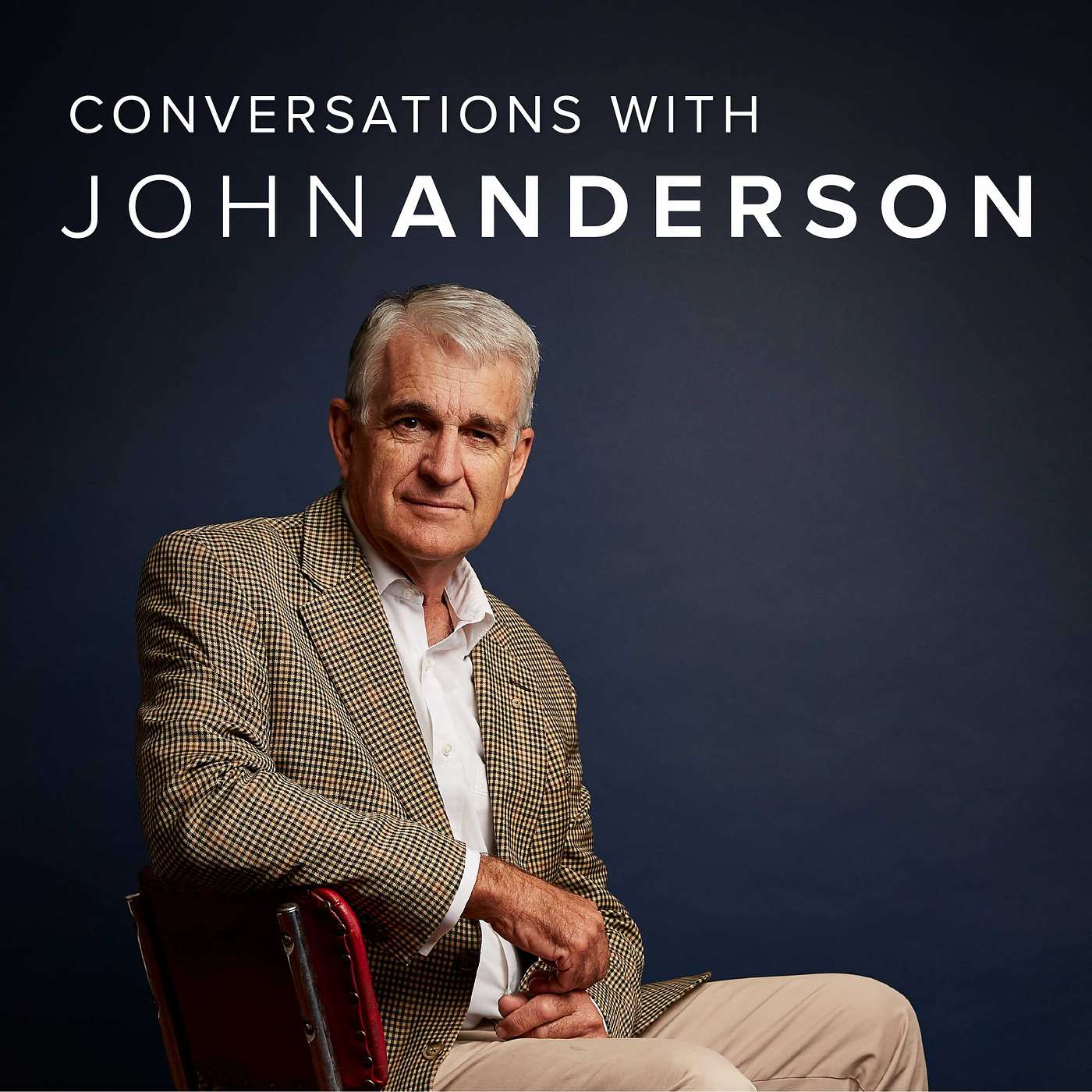
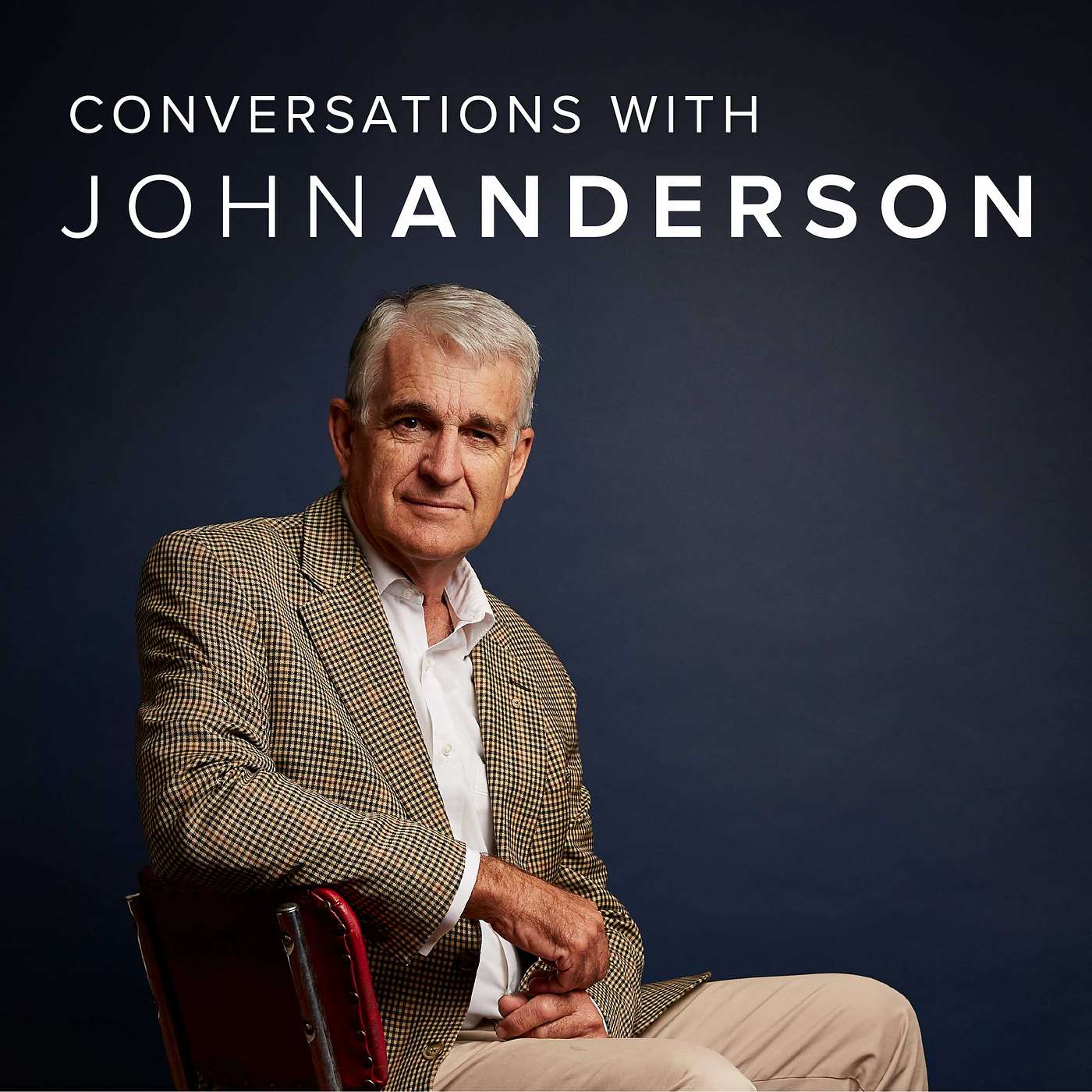
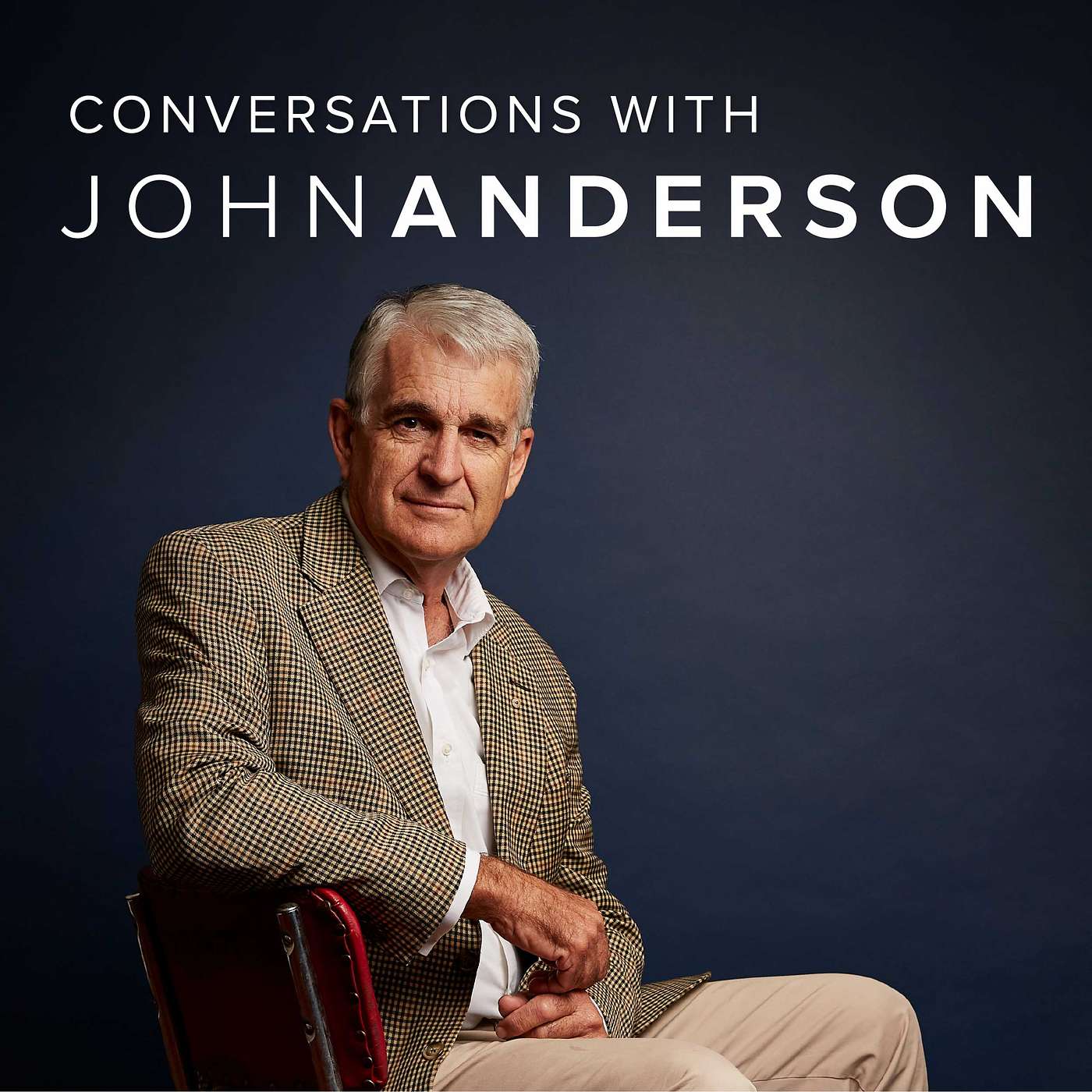
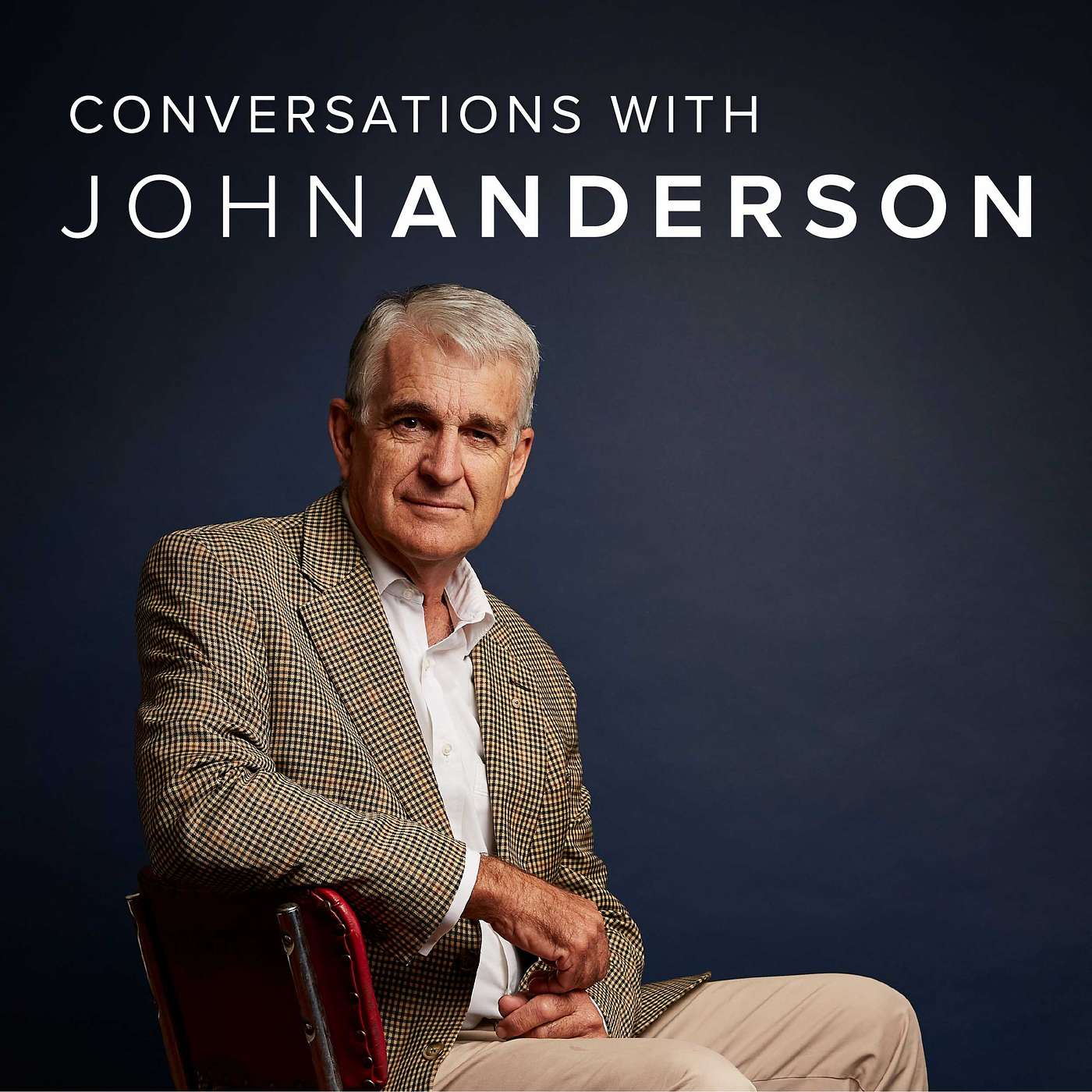
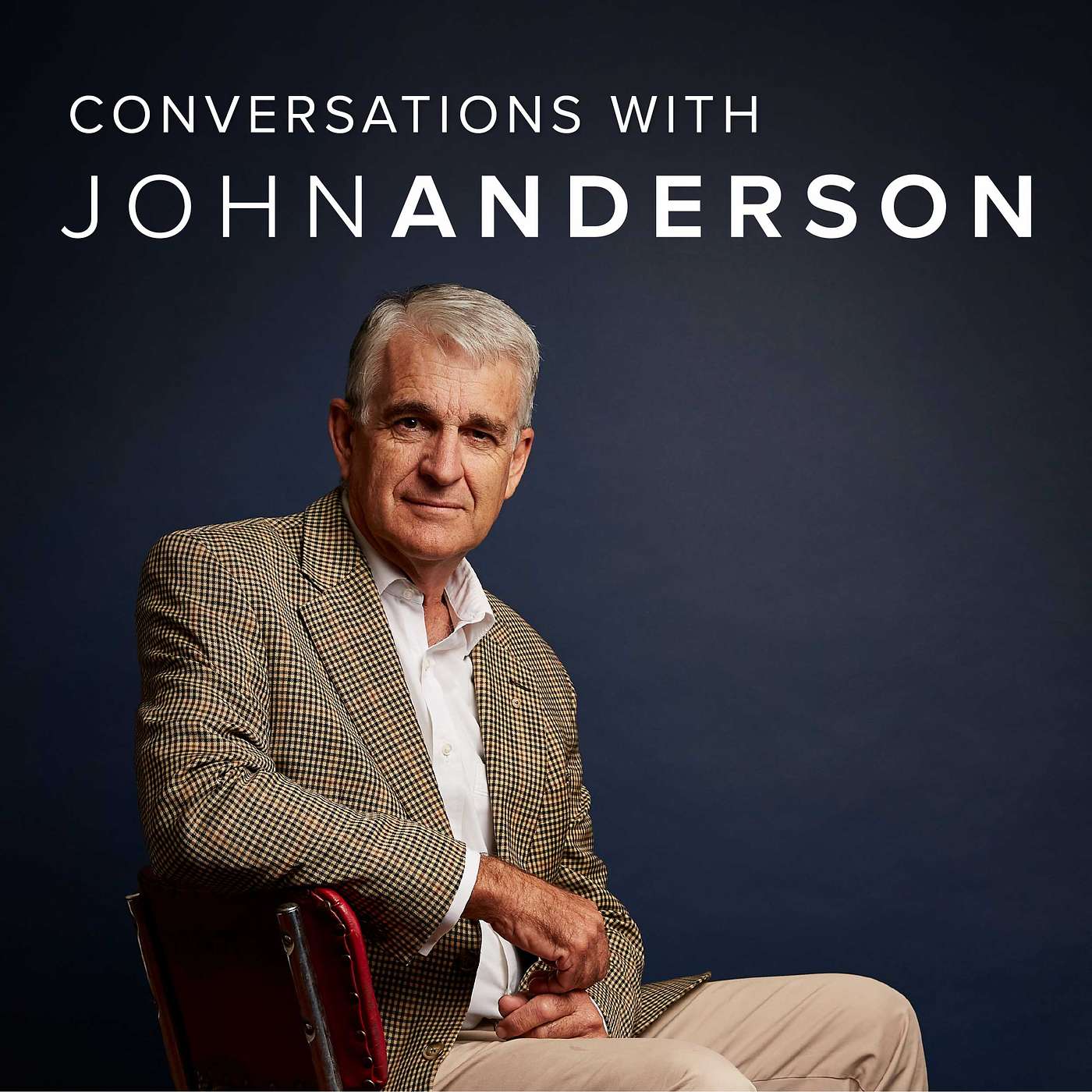
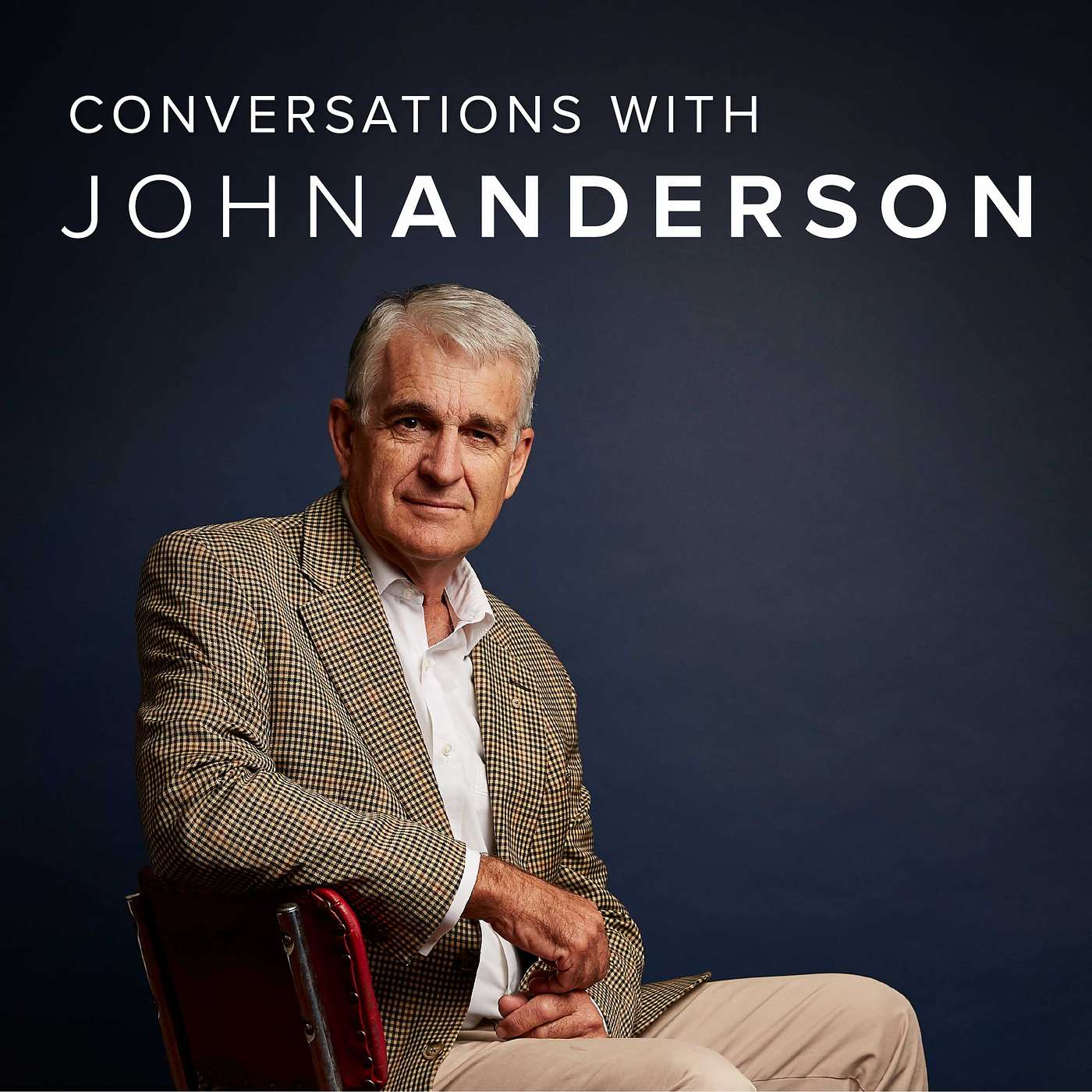
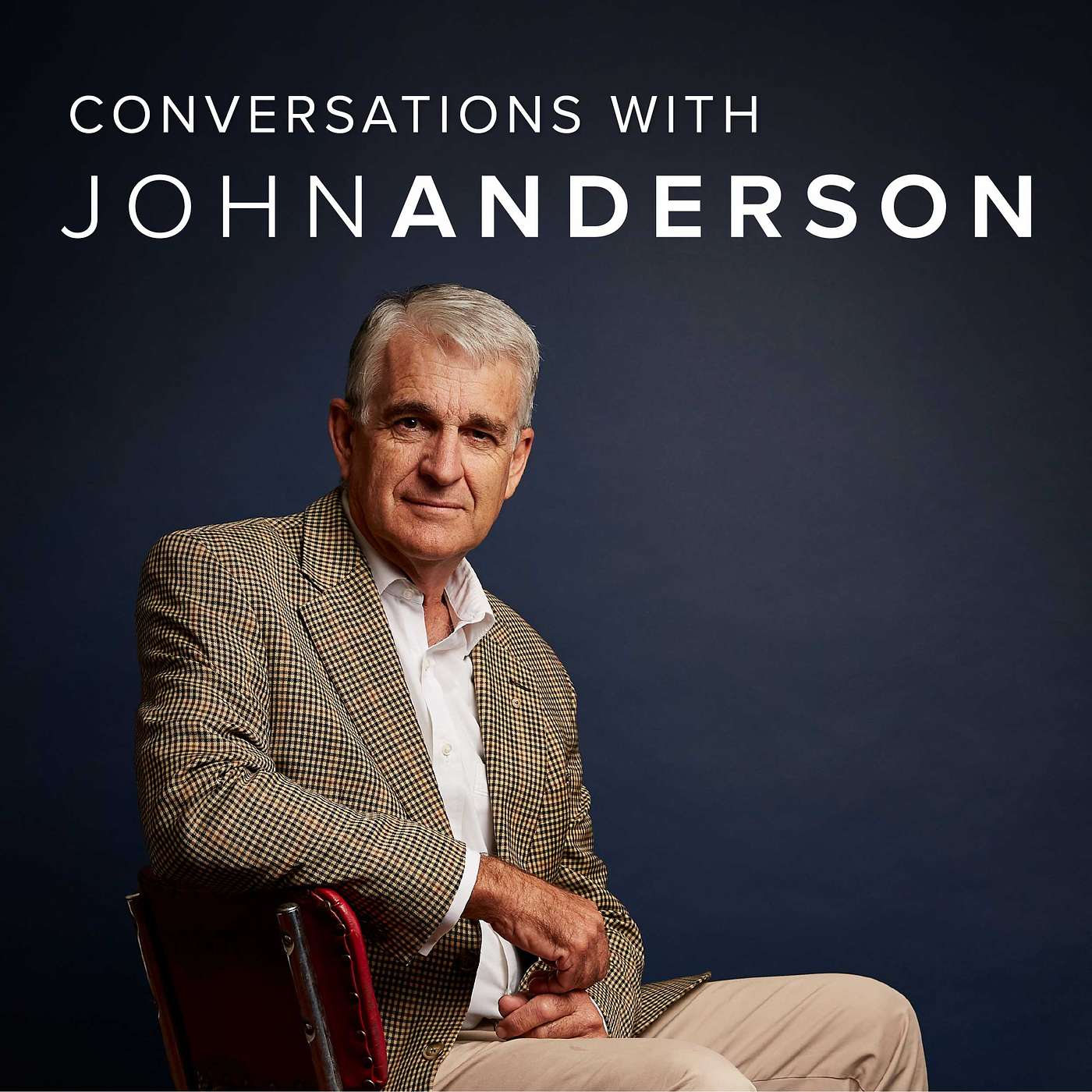
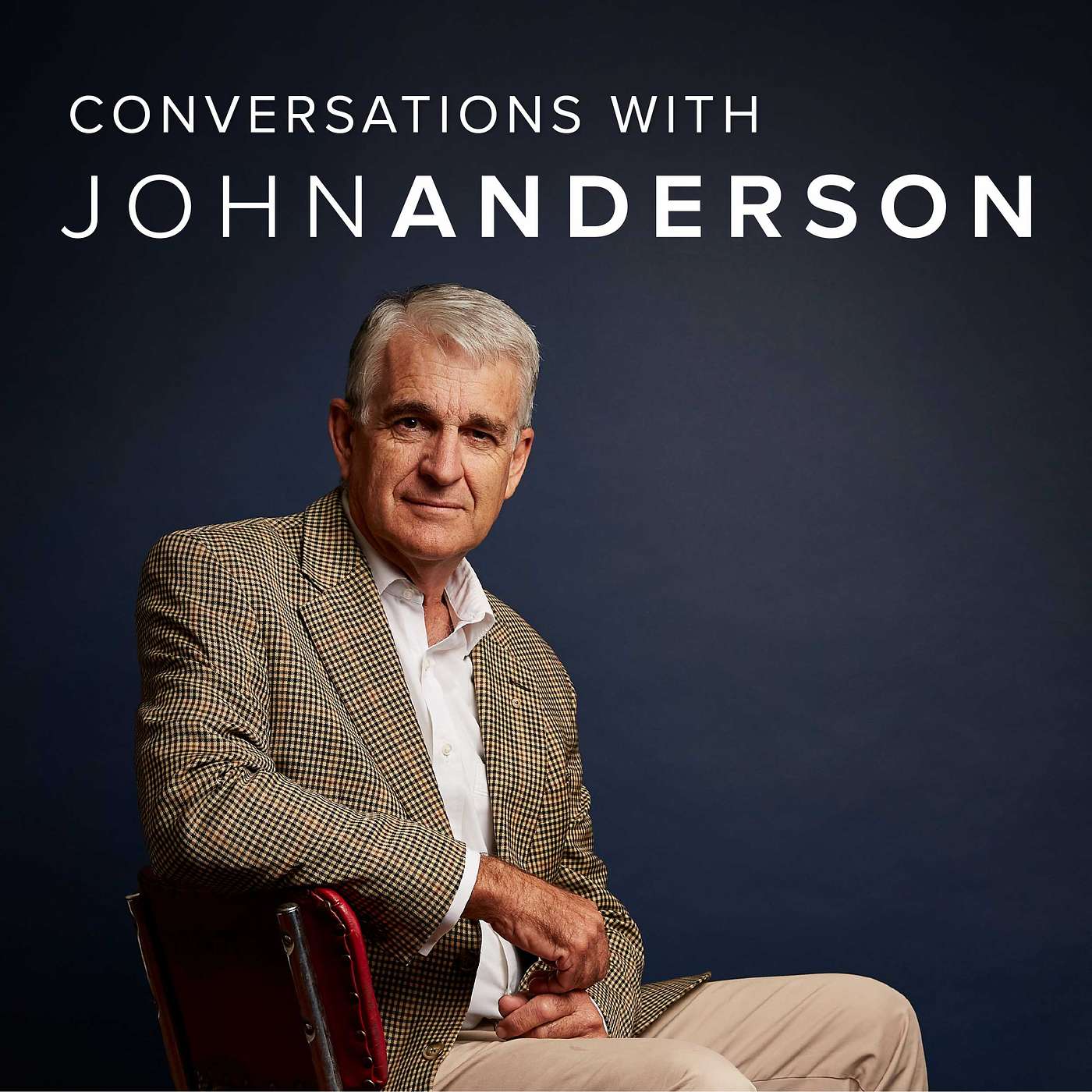
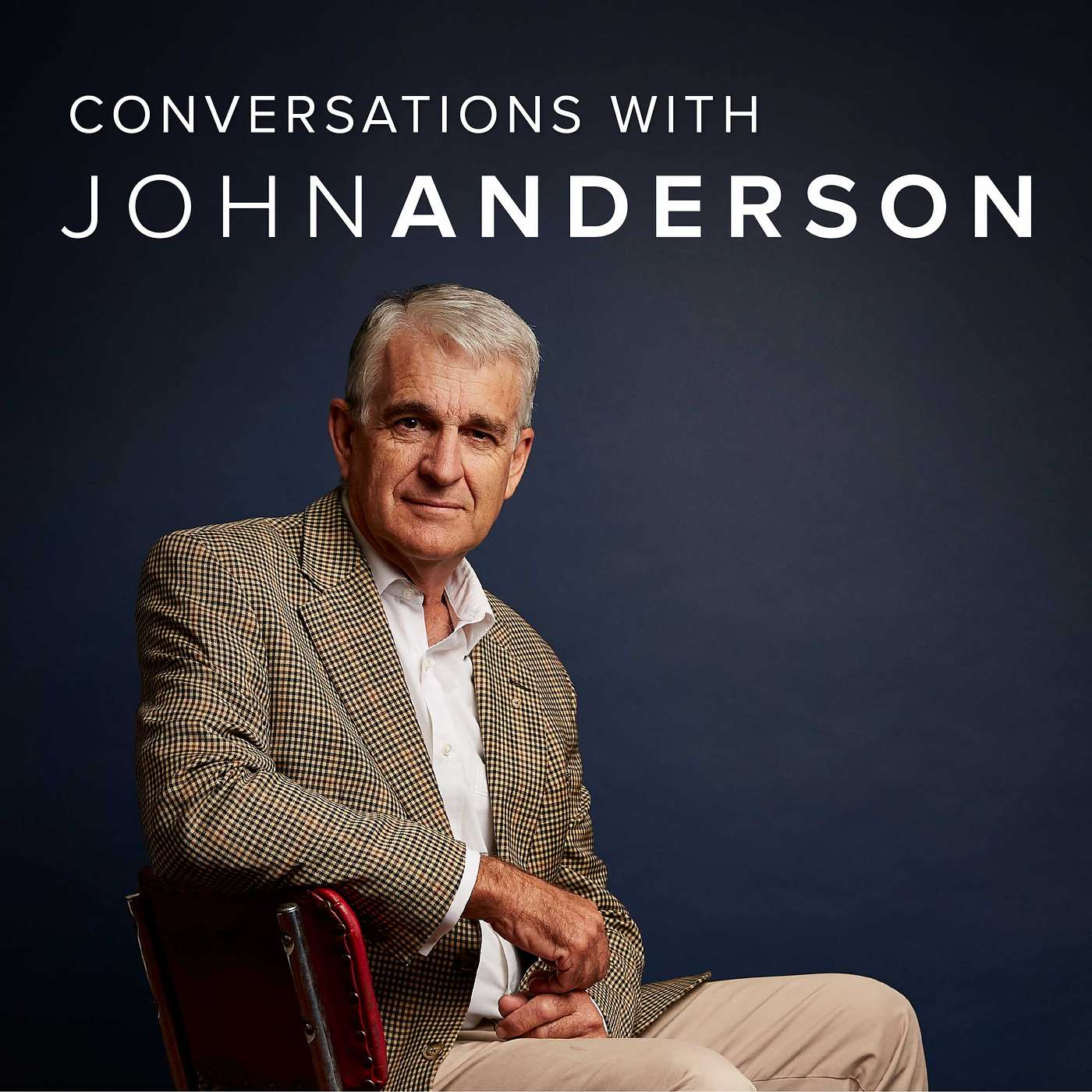
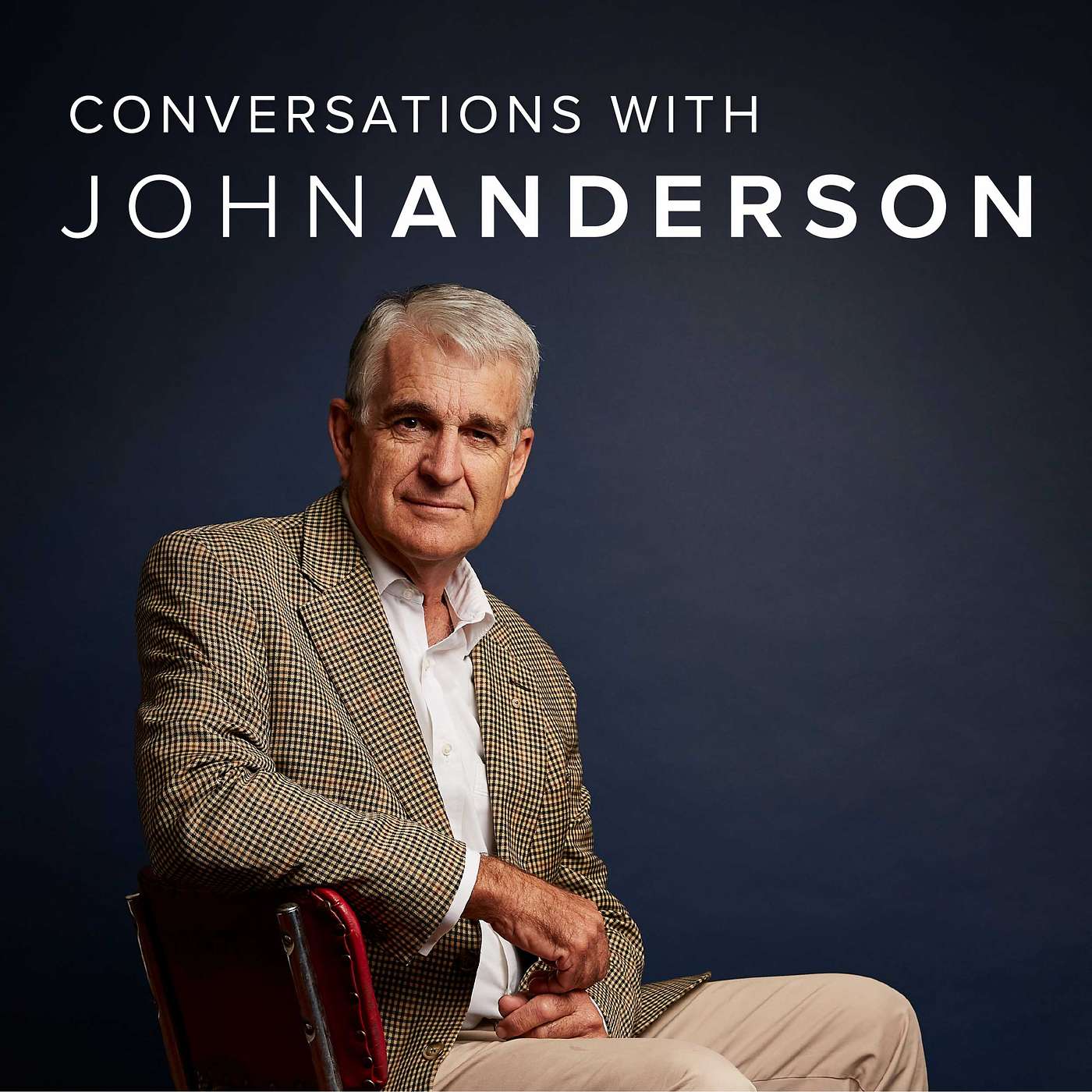
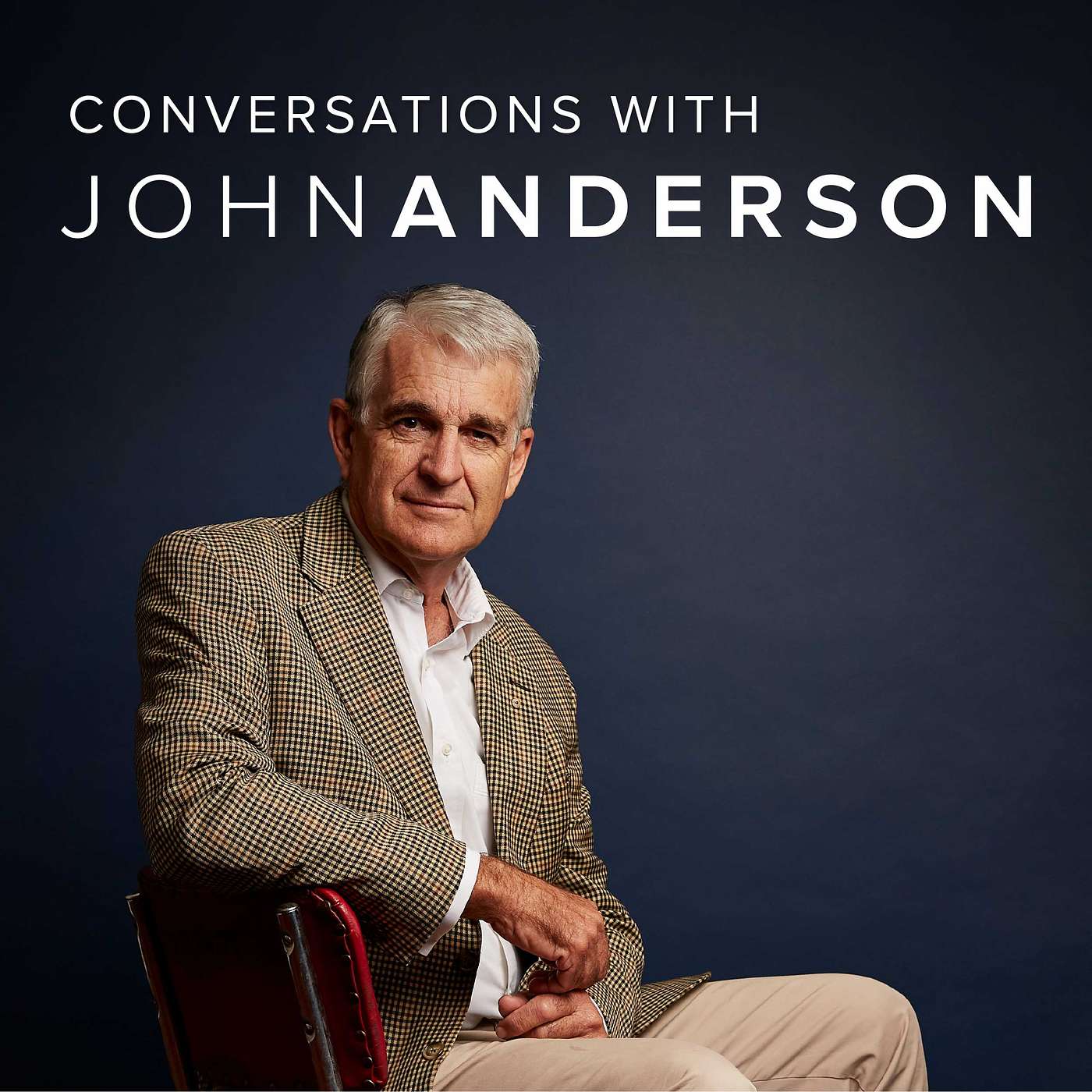
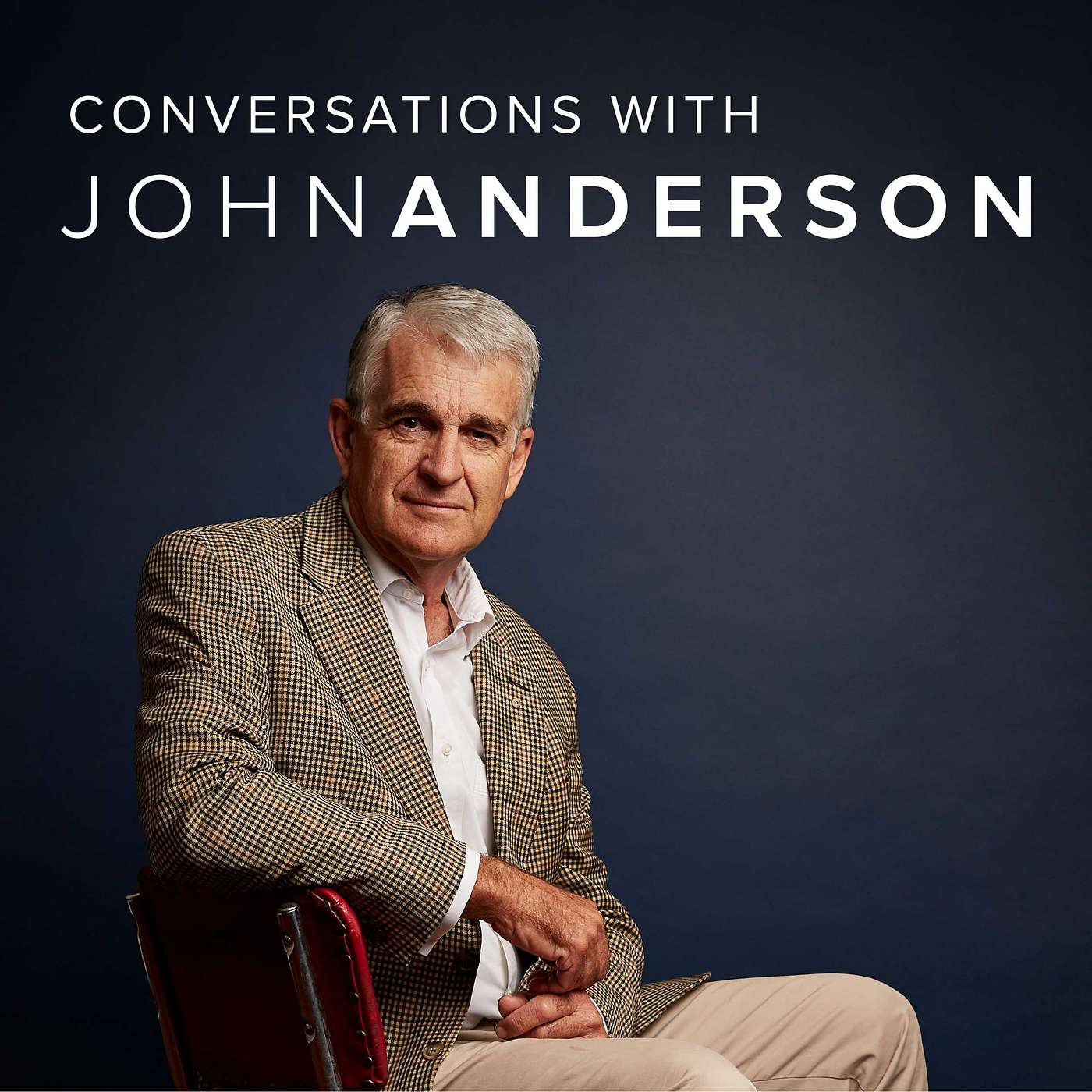
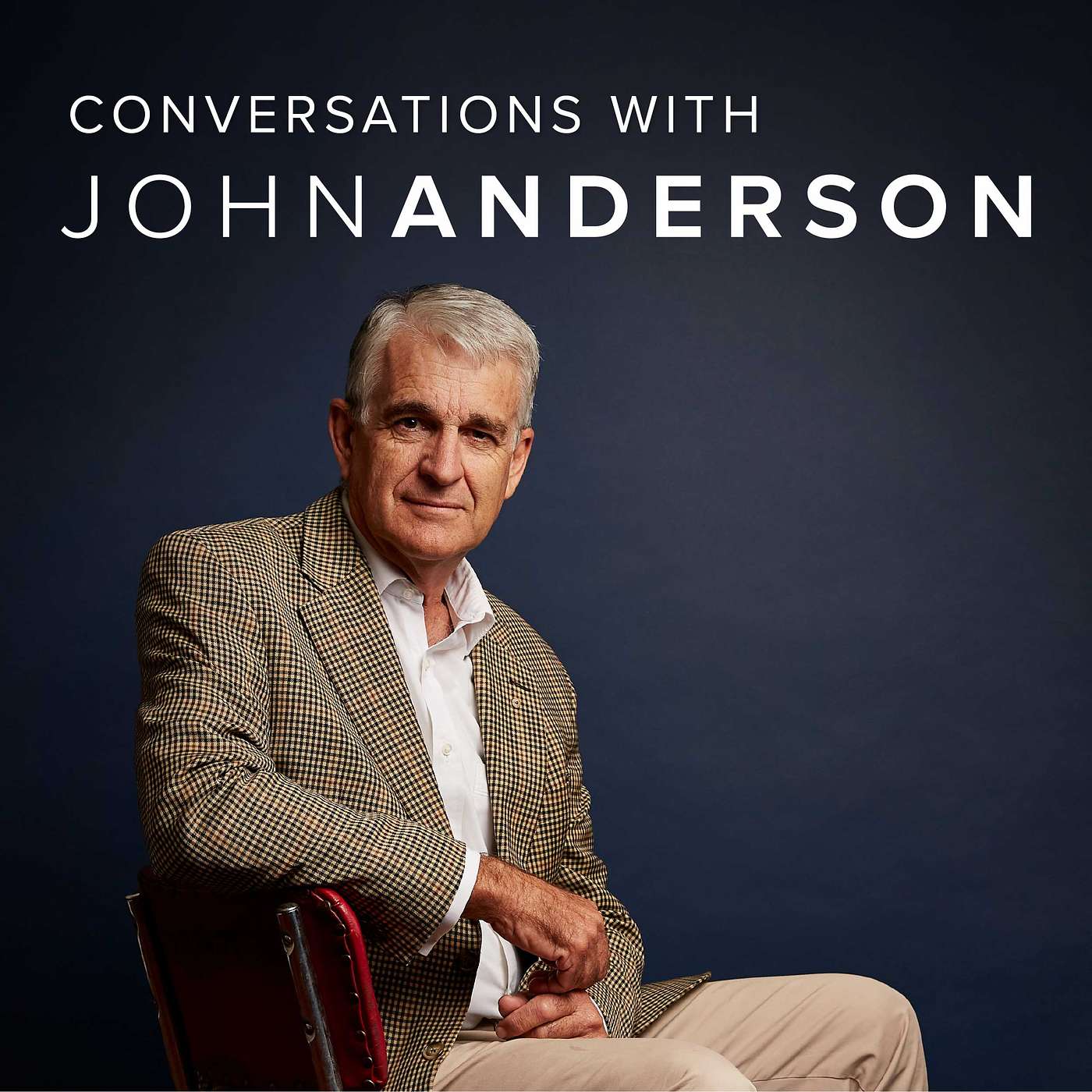
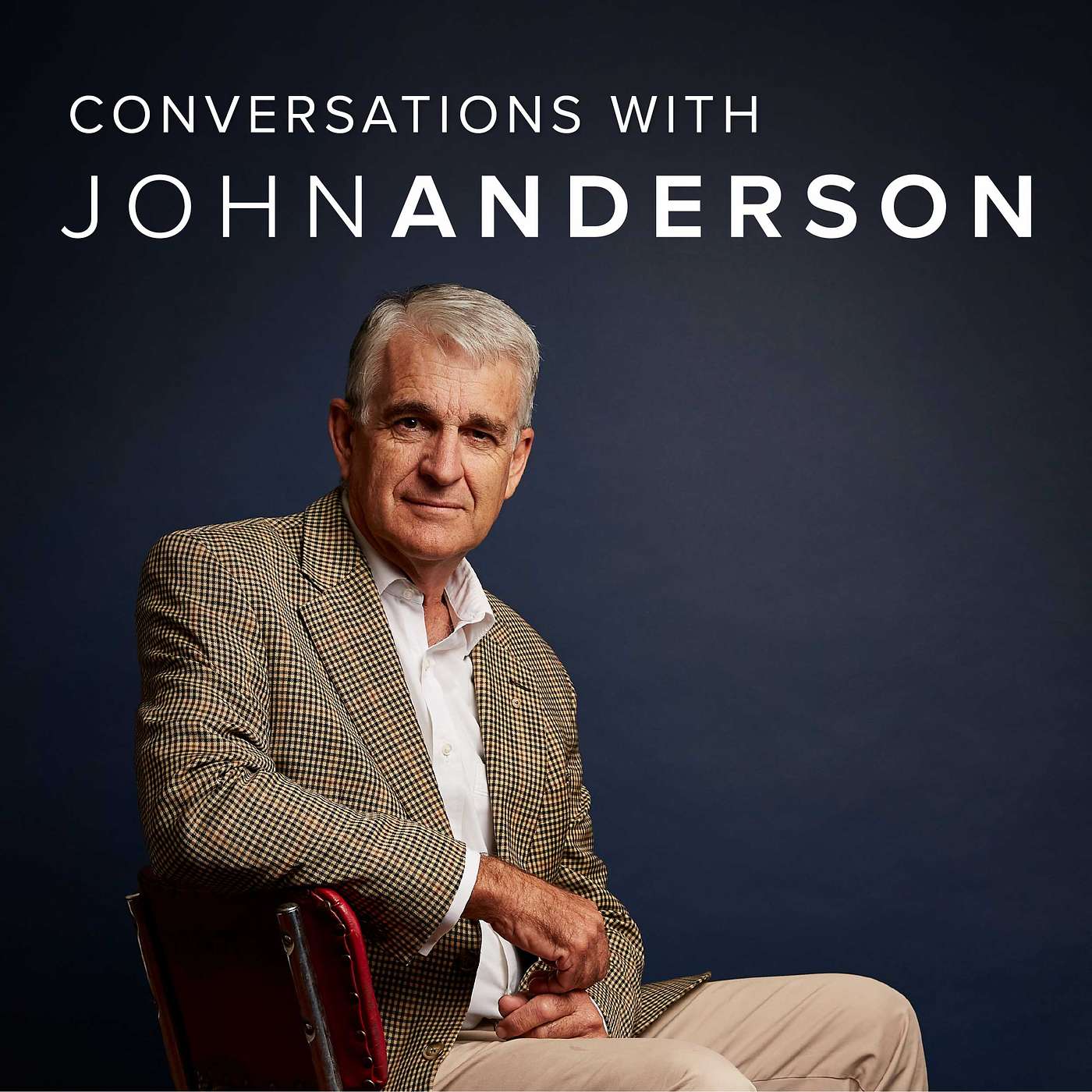
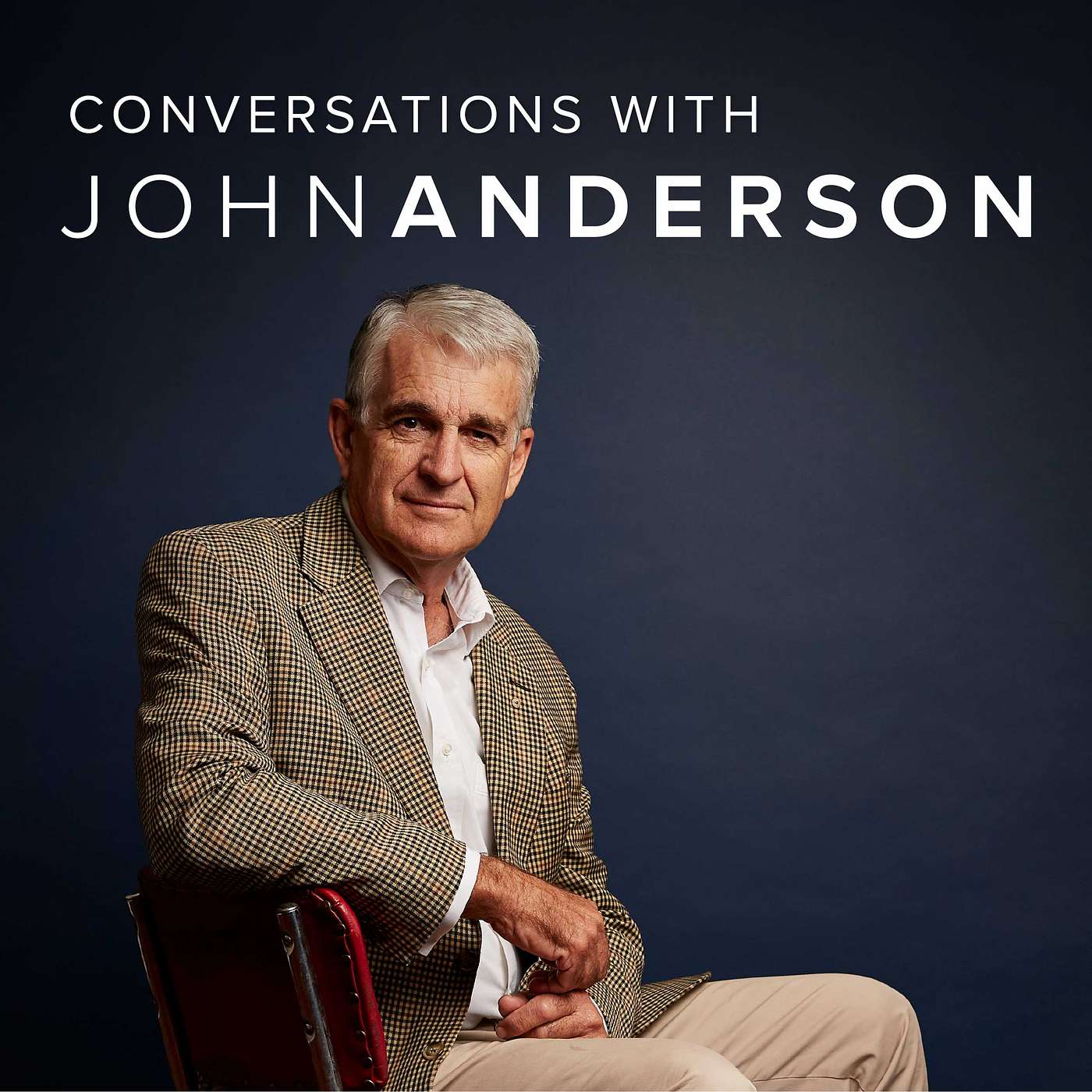
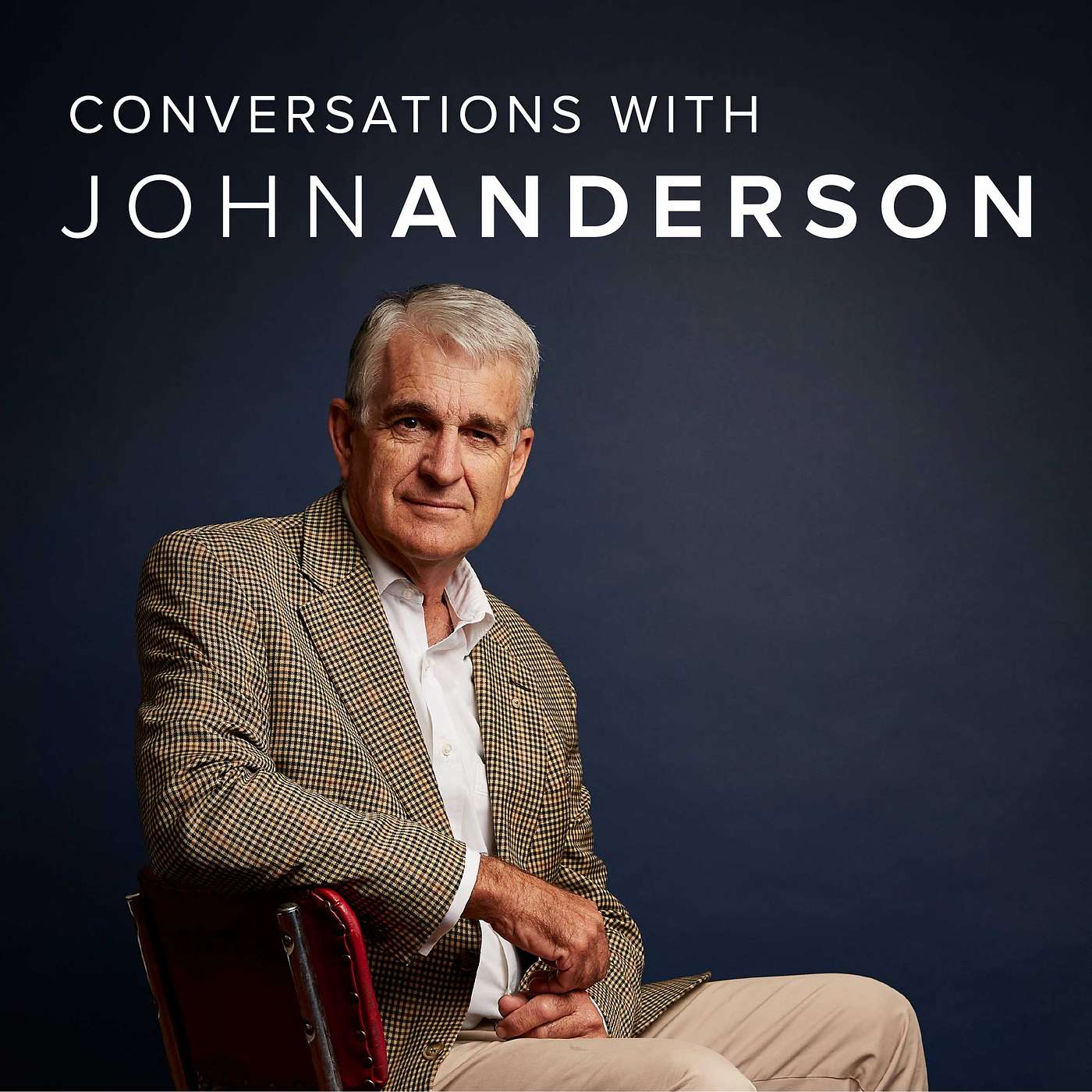
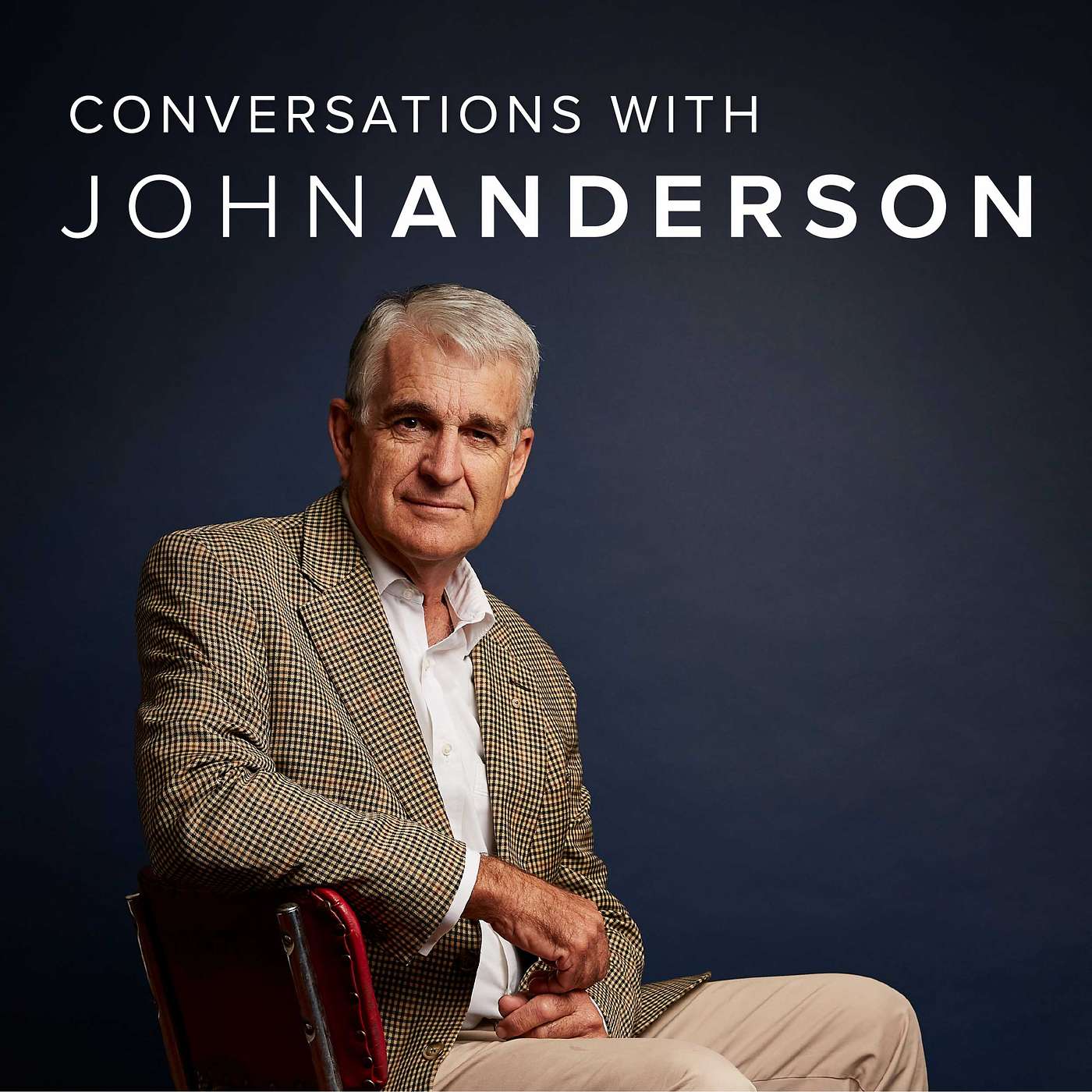



Thank you for the information and continuing to fight.
please separate your episode topics into different episodes.
a deepndive into three deep topics? that's why this show isn't very good.
excellent conversation. thoughtful, insightful on the American push for good change
that was very entertaining i really in joyed this chat
Honest analysis that Defence needs to heed. Would be curious to learn how New Zealand adds another layer of complexity.
Great interview ❤️ Thank you, both. 🇺🇸🇺🇸
Very good episode. VDH is the bomb!!
Thank you Mr Hughes. 🙏I am definitely going to share this episode around. I really appreciate you.
"A strong sense of human agency"! LOVE IT. Listen to this guy
Bjorn Lomborg👍 Climate justice warriors really should listen to this episode. So much raw material to ingest and learn. This guy has really given me some hope. Society needs to stop thinking reducing carbon emissions is any type of an answer for what is being called "climate change" nowadays.
Wonderful interview.
👍Smart lady.
If you are worried about climate changes, you should have a listen to this episode, and relax a little bit. Dr. Ferguson is very well informed. trigger warning : Mr President is mentioned😵
Great guest. "Leadership is not about the leader..... ". That really messes with my mind 😳
Listening to these two gentlemen speak just reaffirms my belief that leaders of this caluber are a vanishing breed. None of the so called leaders on the stage today are worthy to tie these men's shoes.